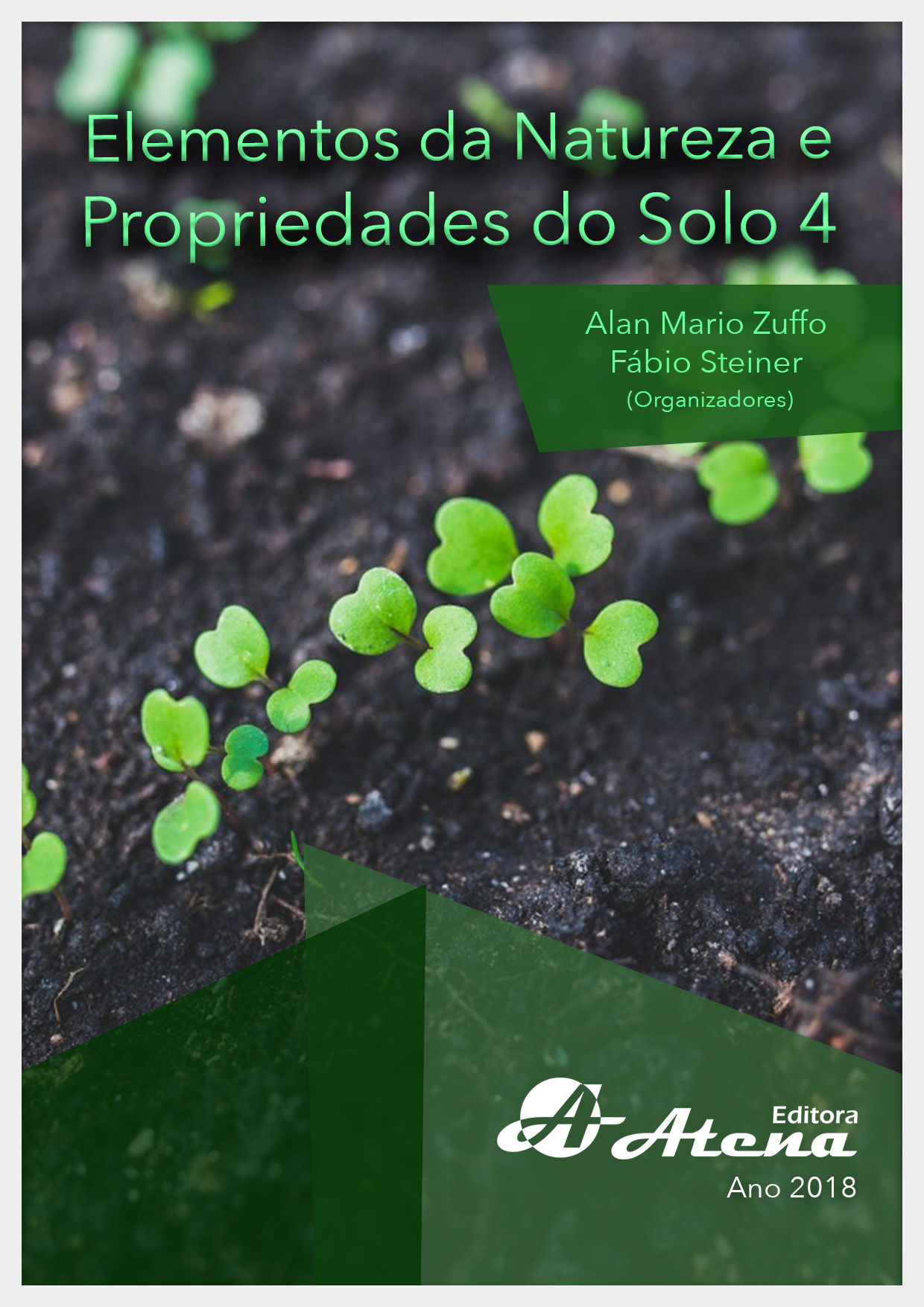
DESENVOLVIMENTO INICIAL DE PLANTAS DE MILHO UTILIZANDO Trichoderma sp. ASSOCIADO OU NÃO A UM REGULADOR DE CRESCIMENTO VEGETAL COMO PROMOTORES DE CRESCIMENTO
Produtos como reguladores de
crescimento vegetal e outros a base microrganismos
podem ser utilizados em culturas agrícolas por
atuar no crescimento da planta por meio da
decomposição de matéria orgânica, liberação de
substâncias benéficas ao seu desenvolvimento e
o biocontrole de fitopatógenos apresentando-se
como uma forma sustentável, uma vez que não
ocasionam um desequilíbrio ambiental. Neste
contexto, o objetivo desse estudo foi verificar a
ação do fungo Trichoderma sp. associado ou não
com um regulador de crescimento vegetal no
comprimento de raiz e parte aérea, peso seco da
raiz, diâmetro de colmo e germinação do milho.
Foram utilizados, sementes de milho do híbrido
simples P3456H; dois bioprodutos a base de
Trichoderma harzianum, a cepa A (Tric A) e a cepa
B (Tric B) e um regulador de crescimento vegetal
(RC). Foram feitas duas avaliações ((aos 30 e aos
40 dias após o plantio (DAP)) em 14 tratamentos
e a testemunha com 6 repetições; delineamento
experimental inteiramente casualizado; o
Software estatístico ASSISTAT e teste de Tukey.
Em relação ao CR, o maior incremento coube a
T8 (30 DAP) e T7 (30 DAP); CPA destacou-se T7
(40 DSP); PSR ficou como maior acumulo de
matéria seca para T2, T3, T4 e T14 (40 DAP) e
para DC (40 DAP) o maior incremento foi de T1, T3
e T4; não houve diferenças na germinação. Não
se observou um tratamento que se sobressaisse
significativamente, ao mesmo tempo, em todos
os parâmetros avaliados, porém, as plantas
inoculadas com Trichoderma sp. apresentaram
melhores resultados.
DESENVOLVIMENTO INICIAL DE PLANTAS DE MILHO UTILIZANDO Trichoderma sp. ASSOCIADO OU NÃO A UM REGULADOR DE CRESCIMENTO VEGETAL COMO PROMOTORES DE CRESCIMENTO
-
DOI: Atena
-
Palavras-chave: Zea mays, inoculação, microrganismos, bioestimulante.
-
Keywords: Zea mays, inoculation, microorganisms, biostimulant.
-
Abstract:
Products such as plant growth
regulators and other microorganisms can be used
in agricultural crops by acting on the growth of
the plant through the decomposition of organic
matter, release of beneficial substances to its
development and the biocontrol of phytopathogens
presenting as a sustainable form, since they
do not cause an environmental imbalance. In
this context, the objective of this study was to
verify the action of the fungus Trichoderma sp.
associated or not with a plant growth regulator
on root and shoot length, root dry weight, stem
diameter and corn germination. Corn seeds of the
simple hybrid P3456H were used; two bioproducts based on Trichoderma harzianum, strain A (Tric A) and strain B (Tric B) and a plant growth
regulator (RC). Two evaluations (at 30 and 40 days after planting (DAP)) were carried out
in 14 treatments and the control with 6 replicates, a completely randomized experimental
design, ASSISTAT Statistical Software and Tukey test. (40 DSP), and PS (40 DAP), as well as
the highest dry matter accumulation for T2, T3, T4 and T14 (40 DAP) and for DC (40 DAP)
and T7 (30 DAP). DAP), the highest increase was T1, T3 and T4, there were no differences
in germination, but no treatment was observed that was significantly enhanced at the same
time in all evaluated parameters, but the plants inoculated with Trichoderma sp. results.
-
Número de páginas: 15
- Sonia Cristina Jacomini Dias


